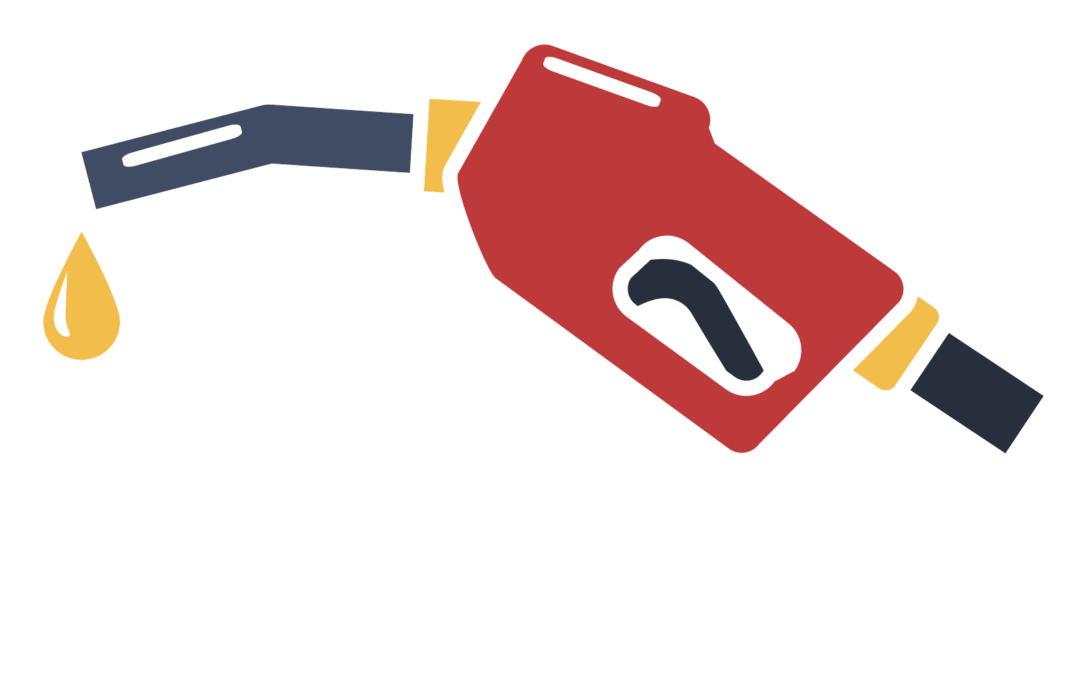1. Organize a community meeting
This is how the people of Churchill, Manitoba dropped their gas prices by 40 cents a litre: activism. Ask a group to organize the meeting: the Powell River Chamber of Commerce, municipal or regional government or the MLA or MP, or an anti-poverty group.
2. Write a letter to support the BC Government’s proposed pricing transparency law
The reason journalists can’t crack this story, and the BC Utilities Commission can’t explain the 13 cent gap in pricing between BC and other provinces is simple: no law requires that fuel corporations share their inner workings with the press or government. Write to Trade Minister Bruce Ralston to support the proposed bill that would change that:
JTT.Minister@gov.bc.ca
Learn more about the bill: vancouversun.com/news/politics/b-c-preps-fuel-transparency-bill-to-track-gas-price-gouging
3. Call the Competition Bureau
If you think you have proof that local fuel companies are acting in anti-competitive, or colluding ways, call the Bureau at 1-800-348-5358. See more on Page 24 of the November issue of Powell River Living. The Bureau has cracked down on gas station collusion elsewhere in Canada.
4. Learn more
Read the BC Utility Commission’s report and follow its ongoing activities. Google “PetroCanada history” and find out about Canada’s past attempt to nationalize the industry. Google Nunavut’s PPD and find out how that territory manages their fuel prices. Learn about where Canada’s fuel comes from, how it’s transported, who the players are, and how local agencies fit into the larger context. And read Powell River Living’s fuel articles in October and November’s issue.
5. Get off gas.
If you can afford it, this may be your time to switch to an electric vehicle. If you can’t, this is your time to lobby hard for better transit. See October’s Powell River Living magazine for more on better buses.








It’s time our Provincial and Federal politicians for Powell River stood up and set up a local meeting . Following peoples response to Chevron having the gall to put up prices by two cents when Vancouver was dropping theirs ,today they dropped by 4 cents.
Think what a concerted effort by hundreds of residents could achieve. It is not just the thirteen cents by companies that no one will talk about, there is also the transit tax extra in Vancouver. Our gas should be about $1:30 per litre. Lets DO SOMETHING !!!
Allow a pipeline to be built both east and west to:
1. Stop the import of foreign oil
2. Allow Canadian Petroleum access to the world markets
3. Stop letting foreign interests both control our resource and at the same time supporting protest against the development of our resources
4. Read and watch work by Vivian Krause Over A Barrel is a great documentary
5. Read Ezra Levant’s Ethical Oil
6. Watch Dave Rubin and start with this play list –
https://www.youtube.com/playlist?list=PLEbhOtC9klbDK4rzg0gHQ1lhlyw0RMArr
The argument that “it costs more to ship gas to Powell River than the island” pales in comparison to shipped grocery store items and goods which, though slightly higher priced than in Courtenay or Nanaimo etc., are nowhere near the extortionate difference in the cost of fuel the gas companies levy between here and island communities. And what about liquor prices? If the same logic applied there, why isn’t beer, wine and spirits costing more here? People have to stop being apologists for those who blatantly gouge us simply because they believe they can.
I think a public meeting would be overwhelmingly attended and may come up with a coherent plan . ” To the ramparts my fellow citizens !”
Tried to submit a comment yesterday but after pressing ‘submit’ all I got was a page full of gobbledook……!
I think we’ve fixed it now, Iain!